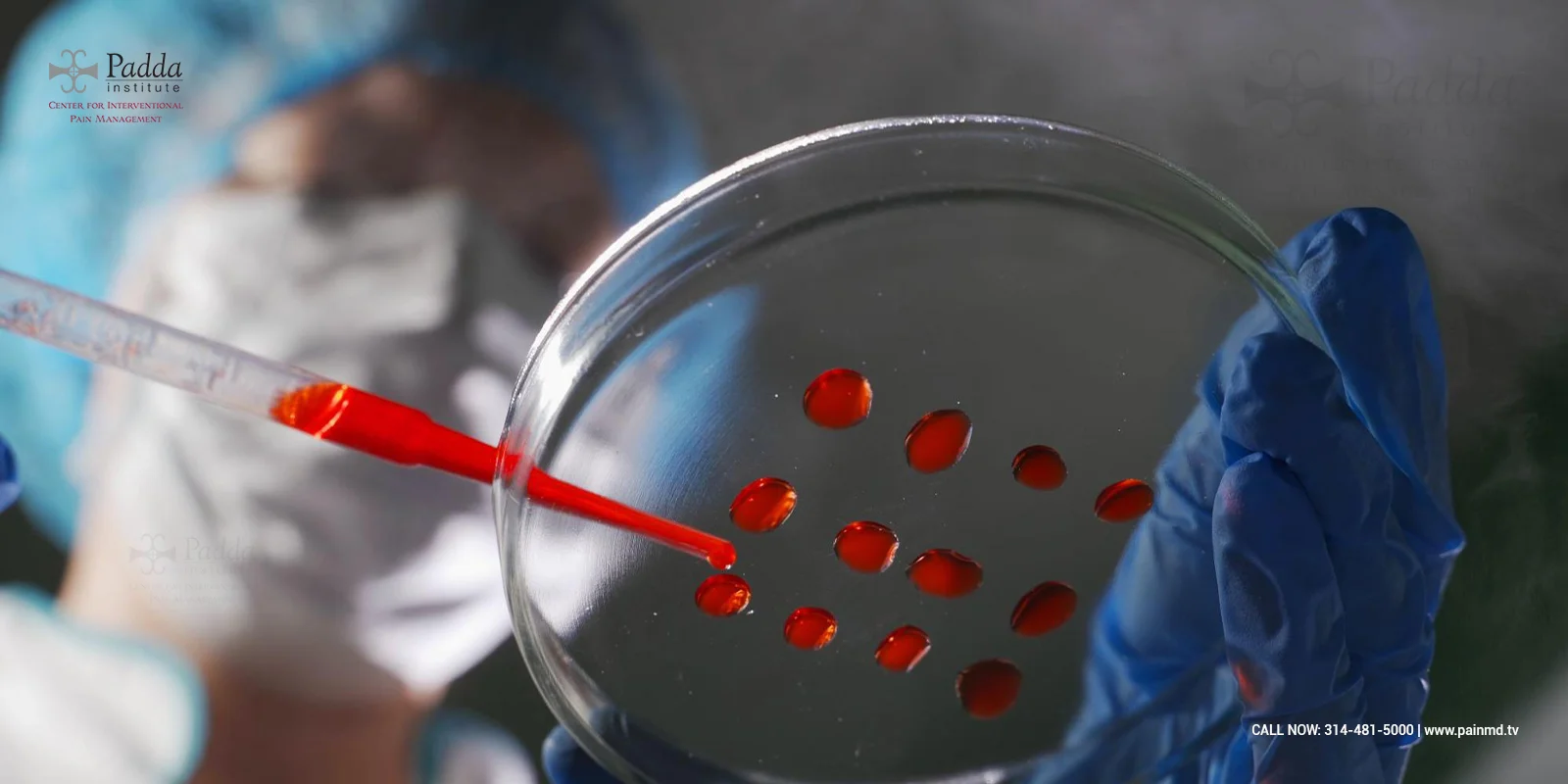Summary: Testosterone is generally associated with rage and antisocial behavior. However, studies show that it also increases oxytocin production and promotes cuddling and prosocial behavior. Whether testosterone will cause aggression or promote prosocial behavior would significantly depend on the context, the new study shows. Testosterone is often associated with aggressive and even antisocial behavior. Though it may be correct, but a new study suggests that it is only partially true. In fact, a new study suggests that we might be looking just at one side of the coin. In specific contexts, testosterone may instead promote prosocial behavior and even cuddling.
Testosterone is an androgenetic and anabolic hormone. It is responsible for the development of masculine traits during puberty in males. It causes an increase in muscle mass and also makes males more aggressive. It is well known that men who abuse testosterone or anabolics may suffer from rod rage or may be quite aggressive.
However, that is just half of the story. Researchers at Oxford College of Emory University say that how one behaves during an upsurge in testosterone levels depends on the context. There is a reason why researchers think that testosterone may promote prosocial behavior and even cuddling. Studies show that testosterone promotes oxytocin production, also known as the “love hormone.” It means that testosterone fosters love and plays an important role in strengthening social bonds.
Interestingly, testosterone’s impact on social behavior may extend to migraine headache relief and post-traumatic stress disorder treatment, indicating its potential therapeutic applications. To prove their hypothesis, researchers carried out a study on rodents. For their experiment, they used Mongolian gerbils. These rodents, like humans, are known to form pairs and raise their pups together. However, males of these species can be quite aggressive during mating season. But, once the mating season is over and the female has become pregnant, they show protective behavior towards them.
In the experiment, they introduced male and female gerbils so that they could form a pair. Once the female becomes pregnant, the male starts cuddling more often. After this, they injected the male with testosterone. They thought that this would make males more aggressive and males may lose interest in females. However, on the contrary, males became excessively protective, started cuddling even more often, and became a kind of “superpartner.” It means that testosterone promotes loving and prosocial behavior in male rodents.
However, after this, they removed the female from the cage and introduced another male gerbil. To the researchers’ amazement, the male who had been injected testosterone earlier continued to behave well and did not show aggression to the newly introduced male.
However, when then again injected the original male rodent with testosterone, its behavior changed abruptly, and it became highly aggressive towards the intruder. It began chasing the intruder as it would have generally done. Thus, researchers say this experiment shows that an upsurge in testosterone in the right environment may boost oxytocin levels and promote prosocial behavior. However, if the context changes, this upsurge in testosterone would make males more aggressive.
All this means that whether testosterone will make someone aggressive or not depends much on the context and not solely on the testosterone levels. It means that under normal circumstances when rodents interact with females, this causes an upsurge in testosterone levels and promotes cuddling. However, suppose the male sees any danger like in the form of an intruder. In that case, another upsurge in testosterone levels occurs, making the rodent more aggressive and thus enabling him to fend off the rival.
This study, therefore, confirms the complex role of testosterone in social behavior. It also shows how testosterone interacts with oxytocin. Of course, humans are relatively more complex. Nonetheless, researchers say that these findings shed light on another side of testosterone. There is now a need for more studies on humans to understand how testosterone can influence human behavior in various circumstances.
It is our mission to bring real hope and transformational change to patients who would otherwise be consigned to a lifetime of medications, doctor’s visits, and suffering. We expose misaligned incentives and return the power of health to the individual. We believe empowered individuals change their communities. We use a combination of lifestyle intervention, medication management, and emerging scientific research to help our patients. When you are ready or have questions, reach out.
Medical Disclaimer: Keep in mind that the content provided is not direct medical advice for patient care, but is provided for thoughtful discussion.




